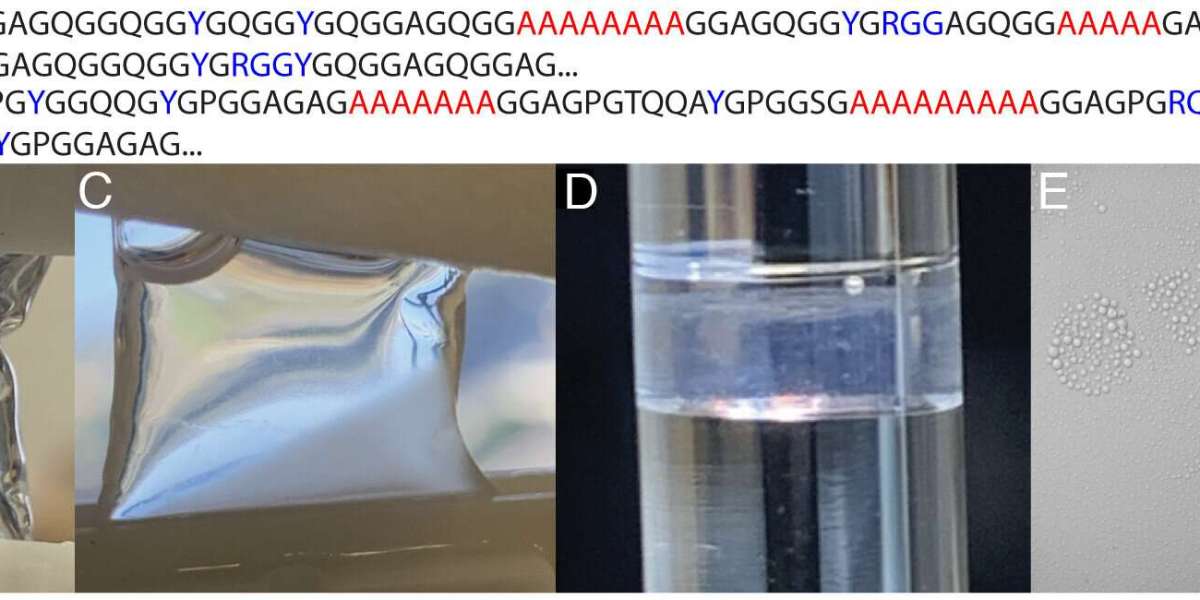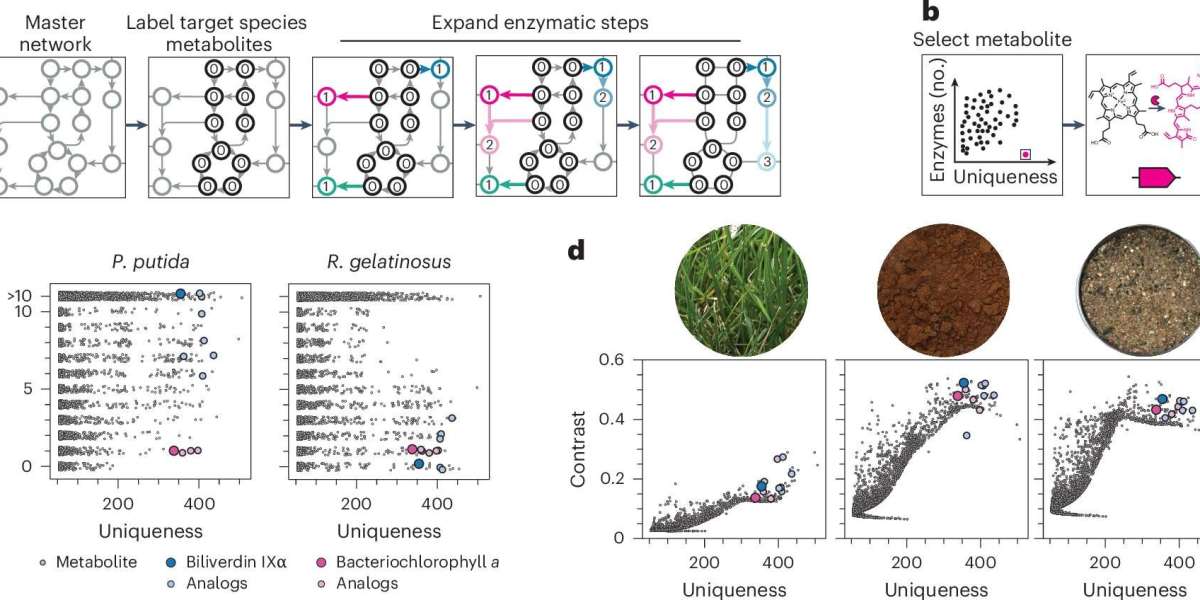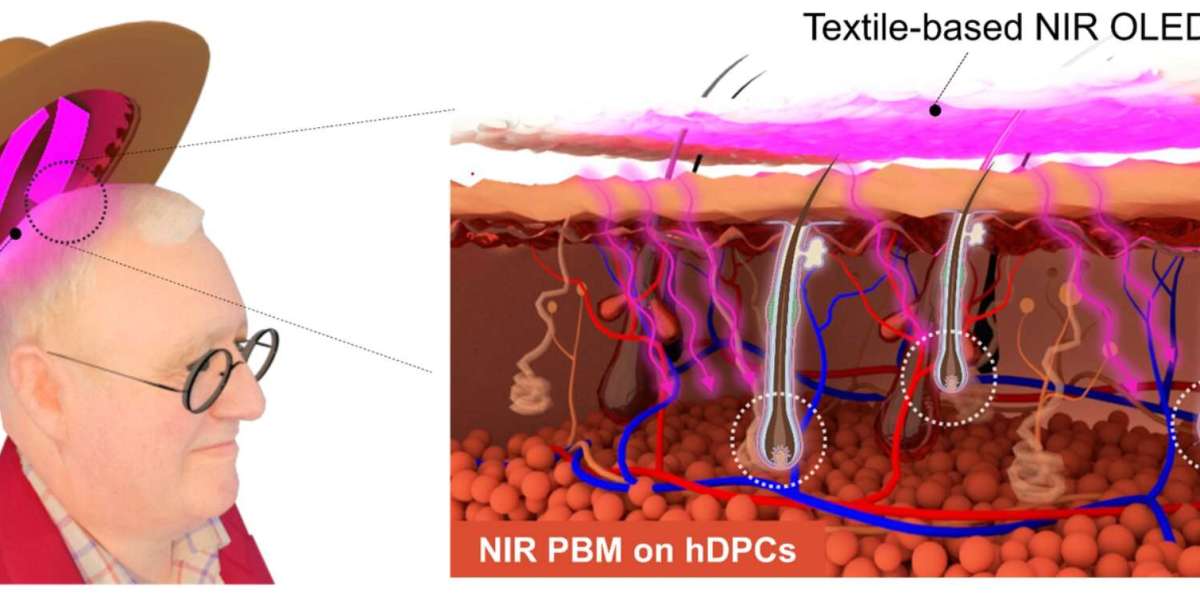article image source: freepik.com (link)
A potential new treatment for diabetes has been discovered, which could represent a major advance in the management of type 2 diabetes.
According to the British newspaper, the Daily Mail, a team of researchers found that a specific gene could revolutionize the understanding and treatment of type 2 diabetes, one of the most prevalent chronic diseases worldwide.
advertisement
The research was published in the journal Nature Communications.
The discovery focuses on the SMOC1 gene, which plays a key role in regulating the functions of pancreatic cells responsible for producing hormones that regulate blood sugar levels.
In healthy people, the SMOC1 gene is only active in alpha cells, which secrete the hormone glucagon, which raises blood sugar levels. However, researchers observed that this gene also becomes active in the beta cells of people with type 2 diabetes. These cells are responsible for secreting insulin, which lowers blood sugar levels.
This defect causes the beta cells to be reprogrammed into alpha-like cells that lose their normal function, impairing their ability to produce and secrete insulin, a hallmark of diabetes.
According to Dr. Jiming Lor, a researcher at the City of Hope Foundation, "The SMOC1 gene is active in alpha cells in healthy people, but we also observed it expressed in beta cells in diabetic patients, which is completely abnormal."
The research team used single-cell RNA sequencing to analyze pancreatic tissue samples taken from 26 donors, half of whom had type 2 diabetes. This advanced approach allowed the researchers to accurately identify cell types and map the abnormal pathways that lead to the loss of beta cells' identity and function.
The newspaper added that after analyzing the data, the researchers identified five subtypes of alpha cells, including immature AB cells, which can develop into either alpha or beta cells. When SMOC1 protein levels were increased in beta cells in the laboratory, the researchers observed a significant decrease in insulin production and the cells transformed into other abnormal types.
Final tests showed that SMOC1 levels were significantly higher in diabetic patients and were found within the beta cells themselves, confirming its direct role in disease progression.
Dr. Randy Kang, a co-author of the study, noted that "the SMOC1 gene has not been previously studied in the context of diabetes, but our results show a powerful effect on beta cell differentiation and function."
The researchers believe that pharmacologically targeting this gene could provide a new treatment that addresses the root cause of the disease, rather than simply regulating blood sugar levels, as current drugs such as Ozempic and GLP-1 receptor agonists do.
Although gene therapies targeting SMOC1 are still in their early stages, this discovery paves the way for the development of drugs capable of protecting beta cells and preserving their ability to produce insulin, which may halt or reverse the progression of the disease in the future.
Thank you !













































































